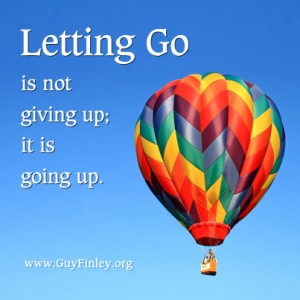Key Lesson: The smaller the self, the bigger the sense of offense it takes whenever anyone steps up to challenge one of its precious self-images.
Realize Real Self-Command
There is a very surprising reason why we tend to suffer over our mistakes as we do. The real source of our pain in these moments –whether we’re alone or with others — is the fear of being seen as less than we’ve imagined ourselves to be. We all know how it feels to try and save face, to scramble for scraps of lost dignity. But fearfully trying to cover up a misstep is not the same as knowing where we’re going. In fact, whenever we feel compelled to cover our tracks, something is in command of us, isn’t it? But here’s the real question: What part of us wants us to believe that a good “cover-up” is the same as being right? The answer is surprising: It’s our “un-original” self… a level of being that only knows itself through a slew of acquired social images, including the false belief that they must be protected at all costs.
Though we have yet to see it, beating ourselves up after making a blunder doesn’t mean that we actually knew better than what we just did — nor does this kind of suffering lead to greater command or better decisions the next time around. Self-punishing acts prove only one thing: Something in us would rather suffer over what happened in the past than be present to those parts of us that erred in the first place. Real self-command dawns within us as we realize that reliving the past is powerless to change a present misunderstanding; it comes from the light of our new knowledge that having the courage to drop the level of Self that keeps wronging us and others is far more important than being seen as right. This same realization also grants us the courage to start life over — again and again.
Thank you for reading this message. If you would like to receive Guy Finley’s weekly Key Lesson e-newsletter straight into your inbox each Tuesday, please visit the following link: http://www.guyfinley.org/free-newsletter/signup

